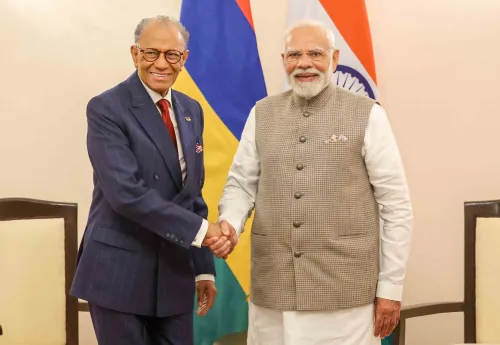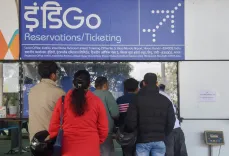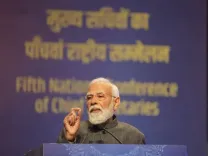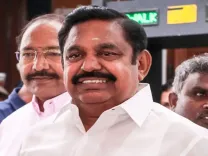Will ASEAN Uphold Consensus and Inclusivity?
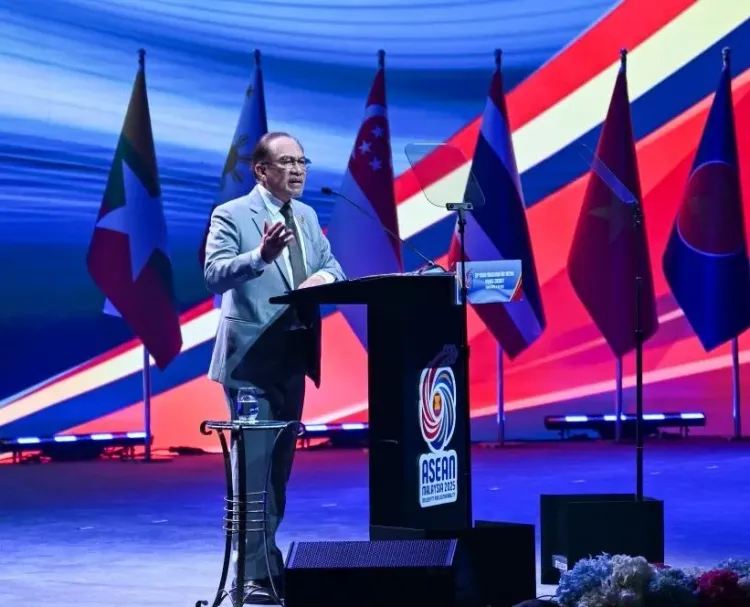
Synopsis
Key Takeaways
- ASEAN's commitment to consensus and inclusivity as guiding principles.
- Focus on climate change as a critical challenge for regional cooperation.
- Importance of unity amid geopolitical tensions and external pressures.
- Advancing human rights through the endorsement of AICHR's programs.
- Strengthening regional trade and connectivity to enhance resilience.
Kuala Lumpur, July 10 (NationPress) Consensus and inclusivity will continue to be the cornerstone of the Association of Southeast Asian Nations (ASEAN) as it engages with international partners and embraces new members, stated Malaysian Foreign Minister Mohamad Hasan in Kuala Lumpur.
He emphasized the importance of maintaining ASEAN's unity and strategic determination in the face of rising geopolitical tensions and external pressures, according to a statement from the country's Foreign Ministry following the Plenary Session of the 58th ASEAN Foreign Ministers' Meeting (AMM).
During the session, ASEAN foreign ministers approved the Guidelines to Facilitate Timor-Leste's Accession to ASEAN Legal Instruments and encouraged member states to finalize necessary procedures ahead of the upcoming 47th ASEAN Summit.
Topics discussed included the Treaty of Amity and Cooperation in Southeast Asia (TAC), and the signing ceremony for Algeria and Uruguay's Instrument of Accession to the TAC was also on the agenda, as reported by Xinhua news agency.
Ministers also acknowledged the ASEAN Intergovernmental Commission on Human Rights (AICHR) Annual Report 2025, endorsing AICHR's Priority Programs and a Five-Year Work Plan for 2026-2030.
Furthermore, they proposed the adoption of the ASEAN Declaration on the Right to a Safe, Clean, Healthy, and Sustainable Environment, demonstrating a commitment to human dignity, social advancement, and regional justice.
On Wednesday, Malaysian Prime Minister Anwar Ibrahim addressed the 58th ASEAN Foreign Ministers' Meeting, asserting that the weaponization of global trade necessitates unity among ASEAN members to navigate disruptions and uphold a principled approach to free and open trade.
"Globally, tools once aimed at fostering growth are now used as instruments to pressure, isolate, and contain. Tariffs, export restrictions, and investment barriers have become sharpened tools of geopolitical rivalry. This is not a fleeting issue; it represents the new reality of our time," Anwar remarked.
He added, "As we face external pressures, we must strengthen our internal structures. We should trade more among ourselves, invest in each other, and enhance integration across sectors with determination. Building a more connected ASEAN economy is crucial for our relevance and resilience in the years ahead."
Anwar highlighted the importance of executing policies that benefit citizens, particularly in areas such as connectivity, food security, digital transformation, education, public health, and climate resilience, which will not only strengthen the bloc but also improve lives.
In his opening remarks, Minister Mohamad Hasan stated that ASEAN must pursue greater integration and coordination to tackle challenges posed by climate change and other disruptive events.
"A pressing need is to confront the existential threats of climate change. We have directly experienced the impacts of rising temperatures, natural disasters, and extreme weather in our region and among our peoples," he noted.
"Geopolitical divides have deepened, strategic trust has diminished, and flashpoints have intensified... we must invest in and believe in regionalism and multilateralism. We need to continue advocating for justice, fairness, equality, and humanity," he concluded.
Malaysia is hosting the 58th ASEAN Foreign Ministers' Meeting and related discussions from July 8 to July 11, under the theme 'Inclusivity and Sustainability' for its 2025 ASEAN chairmanship.
A total of 24 foreign minister-level meetings will take place, including bilateral dialogues with ASEAN's external dialogue partners such as India, Australia, Canada, China, the EU, Japan, New Zealand, Russia, South Korea, Britain, and the United States.
Additionally, four trilateral meetings are planned with Malaysia, the ASEAN Secretariat, and sectoral dialogue partners including Brazil, Norway, Switzerland, and Turkey.


